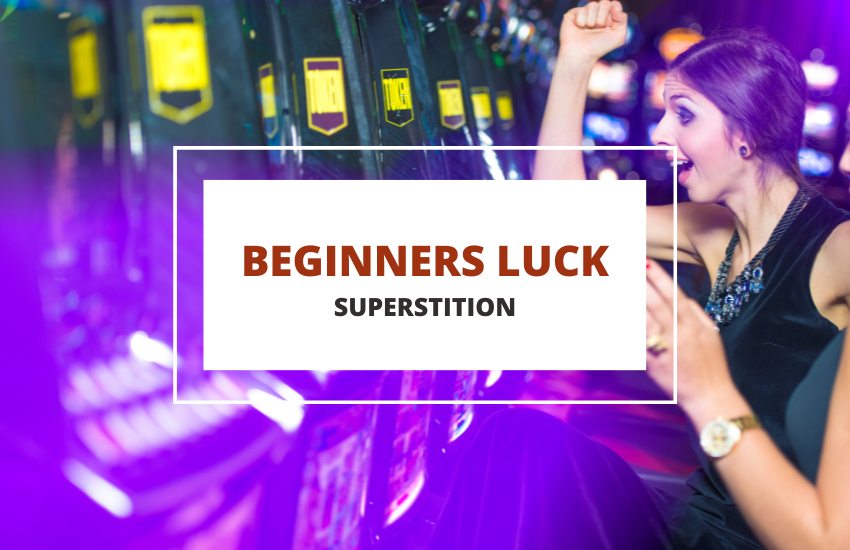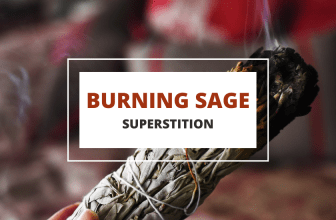
Table of Contents
You’ve probably experienced this yourself – trying something out for the first time and having amazing success. This might be a game you’ve never played before or a dish you’ve made for the first time. It’s always amazing when a person wins a game they’ve never played before, especially when you’re beating veterans. We call this beginners’ luck.
How Beginner’s Luck Work
The concept of beginner luck is typically associated with novices who succeed in their first attempt at a game, activity, or sport but are less likely to win in the long run.
For instance, we often hear of this term in casinos where first timers beat frequent casino-goers at a game. Or when a first-time slot player takes the pot. In some ways, this success can be attributed to chance, but there are several factors contributing to the success of a newbie.

Anything is Possible
A novice is like a child who seems to believe that anything is possible. The inexperience of newbies doesn’t bother them but rather gives them the confidence to be experimental.
First-timers don’t have preconceived notions about the right or wrong way of doing things. This lack of preconceived ideas may lead to carelessness. But many times, it works to the novices’ advantage because they can think out of the box and find creative solutions.
Beginners’ attitudes and behaviors have so many possibilities and outcomes, which experts have difficulty predicting. So, in many cases, the expert cannot analyze the newbie’s strategy, allowing the novice to win.
We see this all the time in sports where a first-time player comes out and makes a massive impact.
A Relaxed State of Mind
A person who is known to be exceptionally good at something faces enormous pressure to perform well each time. Experts tend to overthink and overanalyze every move and situation.
The high expectations can get on their nerves, so much so that they then end up choking under pressure.
In contrast, beginners are not bogged down by expectations. They have a more carefree attitude and often assume they will lose out to veterans due to their lack of skill or experience.
Simply put, experts tend to choke while novices just relax and have fun. Wins achieved by newbies aren’t necessarily luck, but rather a result of their brains being more at ease and working differently than those of experts or veterans.
Not Relying on Intuition Excessively
Overthinking or analyzing can be the downfall of any veteran or expert. But there’s another cause of their downfall; trusting their intuition excessively.
Most veterans have already developed muscle memory as they do things routinely and constantly. Many times, they rely so much on muscle memory that they can no longer react quickly to new situations.
In contrast, novices don’t have procedural memory and often give the situation the right amount of thought and attention before making a move. These beginners then end up winning against their veteran opponents.
What is Confirmation Bias?
The superstition that beginners’ luck may surface can also be attributed to confirmation bias. This is a psychological phenomenon where the individual is most likely to remember things that fit their views of the world.
When someone claims to have experienced beginner’s luck many times, he or she is most likely only remembering the time when they won against experts. As a result of confirmation bias, individuals forget the many instances in which they lost or even placed last when trying something for the first time.
Wrapping Up
We often hear people grumble about beginner’s luck when a newbie experiences more success than experts. But in the end, it’s probably not luck that’s at work for novices. The relaxed state of mind is probably what caused them to do well the first time, as well as the lower expectations. Plus, there’s also the confirmation bias that only reminds them of the times they experienced winning on their first try rather than the many times they lost.








